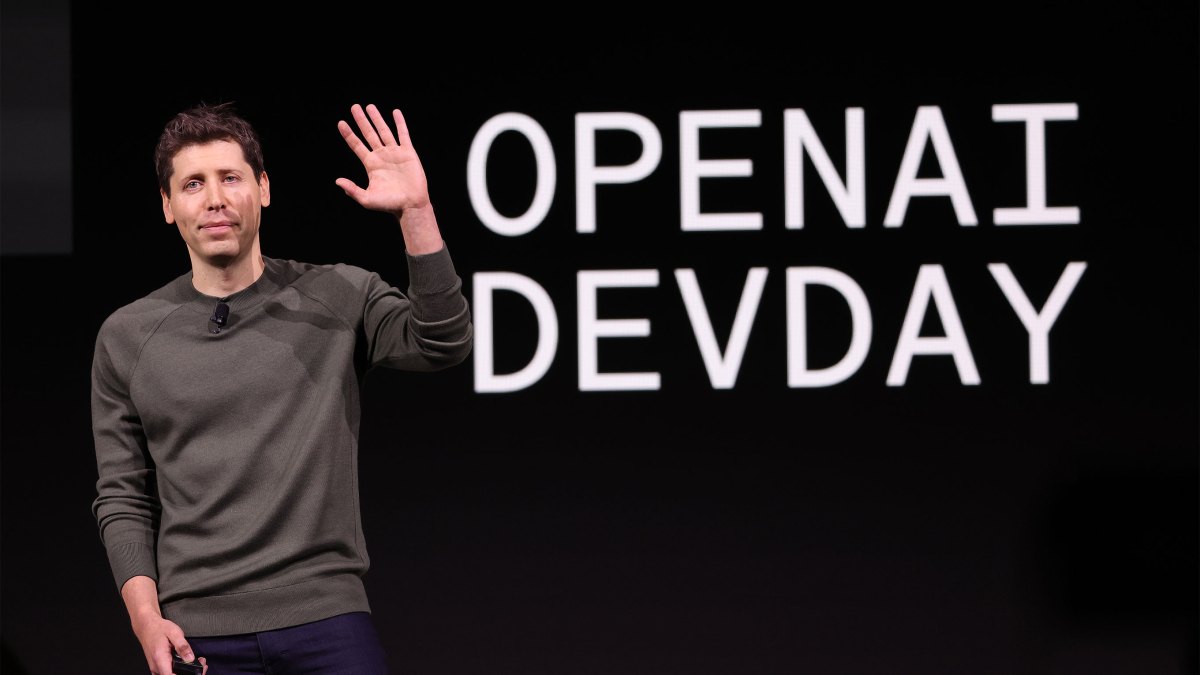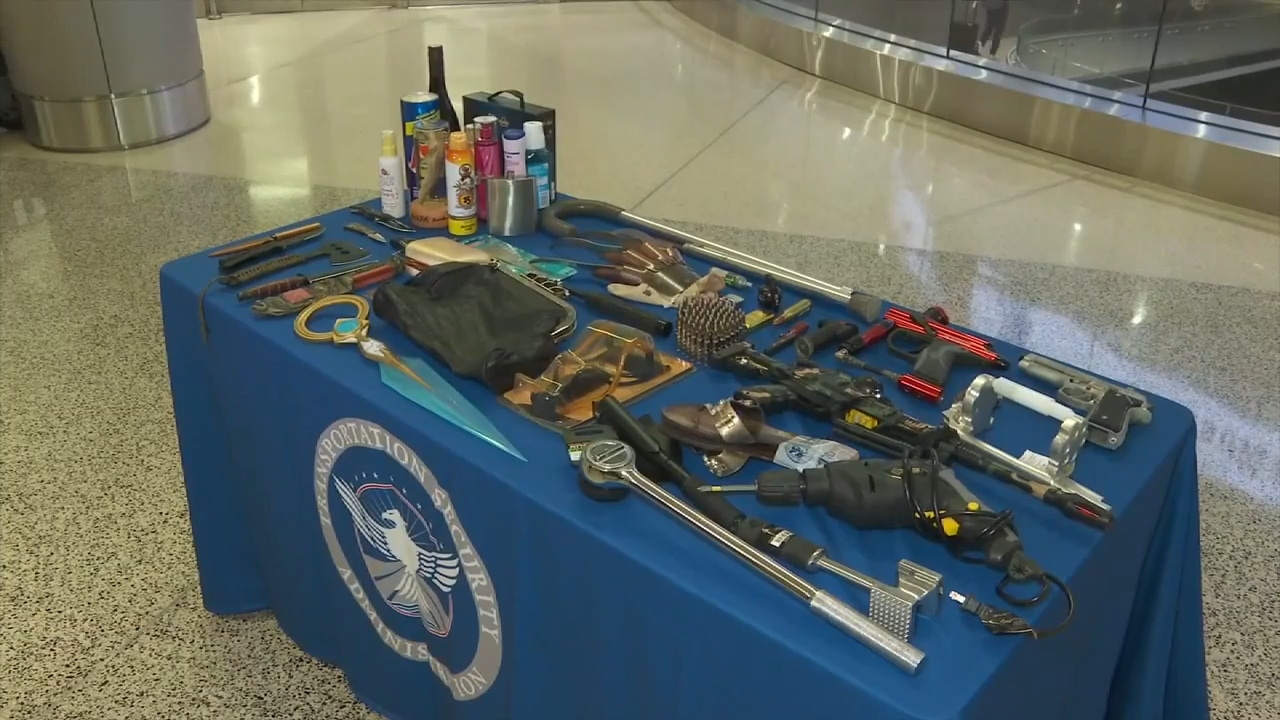Bussiness
Bridging to Business program seeks out local suppliers

Caylie Peet is uniquely positioned to help make dreams come true—a feat you might not imagine coming from someone with the title of lead consultant for supplier opportunity and engagement. But as Peet explains her duties, it doesn’t take long to see the magic she works in the lives of local business owners.
“I am housed inside of Procurement Services within the Finance Division, and my goal and role is to support the increase of suppliers that we use on campus that are deemed local, diverse, or small ownership, as well as the amount of money we spend in that space,” Peet said.
Bridging to Business is the University’s supplier opportunity and engagement program, led by Procurement Services. The program’s main mission is to increase the number of small, local, and diverse suppliers on campus and enhance annual spending to promote innovation and economic growth in the region.
Procurement Services works to enhance supplier inclusion in partnership with various University offices including Public Affairs, Economic Development, Institutional Transformation, Sustainability, and Human Resources.
Notre Dame purchases goods, services, and construction—what Peet described as three high-level areas of focus. Procurement is further broken down into different commodities. She gave the example of buying paper clips from a big box store versus purchasing them from a local, woman-owned business. Peet finds suppliers that are comparable to the ones currently being used on campus.
Peet is doing more than just “shopping” for this small, local, diverse demographic. She’s building relationships and connections that will affect the economy in St. Joseph County as well as surrounding counties. “When you give everybody a chance, when you break up the pie of where we’re spending, there’s an opportunity for other businesses to grow and thrive,” she said.
Spending locally comes with another incentive. “Statistics show that when you spend locally, diverse, or small, that for every dollar spent, 75 cents stays in that community. When you go to a big box store, for example, for every dollar spent only 33 cents stays in that community,” Peet said. “So you’re impacting the local footprint immediately with your purchases.”
Shopping locally also has a positive environmental impact by cutting down on gas emissions when the goods are closer to the buyer. And if the products themselves are sustainable, another effort to be green is achieved.
Peet has been in her current position for just over a year. In that time, she has met with 66 small, local, or diverse-owned businesses. The University has worked with nearly 1,500 small, local, or diverse-owned businesses over the last seven years. “The campus is already doing a wonderful job to be very inclusive with their purchasing. We just want to cross-promote and highlight people that are here,” Peet said.
This year, the University has set a goal to work within 13 counties around Notre Dame. And on January 28, Notre Dame will host the Bridging to Business Conference and Expo. The morning portion is a conference for invited guests, with the afternoon expo showcasing local, small, and diverse-owned businesses. Suppliers in attendance will have the opportunity to network, and the Notre Dame community can take advantage of the expo by visiting the businesses onsite in McKenna Hall.
Procurement isn’t doing this work alone. Peet explained the partnerships that have been developed with organizations like the city of South Bend, the Small Business Administration, and other certification authority bodies. She’ll also work with businesses on their requests for proposals, or RFP. “We play matchmaker to help those businesses get everything they need to be ready to work and have opportunities with us.”
Peet brings her work in the local and regional business community down to a simple mindset shift. It’s the part where the magic comes in.
“Working with small and local businesses isn’t just about shifting your dollar. It’s storytelling. It’s helping a local business owner be able to pay for their daughter’s ballet classes or buy their own home. It’s people’s dreams coming to life. So when you have that mindset shift, it’s like, ‘Oh, I’m not just going online and buying this one item.’ It becomes, ‘Maybe I could buy that same item at the store down the street or the local bookstore,’ and then you’re helping someone’s dreams continue to flourish, which is ultimately helping the local economy and their footprint to keep them alive.”
If there is one thing Peet wants people to take away from the Bridging to Business efforts, it’s that this is not a “short-lived thing.”
“It is intentional,” she said. “It’s going to be a continuous effort. We want to see everyone continue to grow in those businesses and meet their dreams and goals. And if we can support that at Notre Dame, then it’s going to be a win.”









